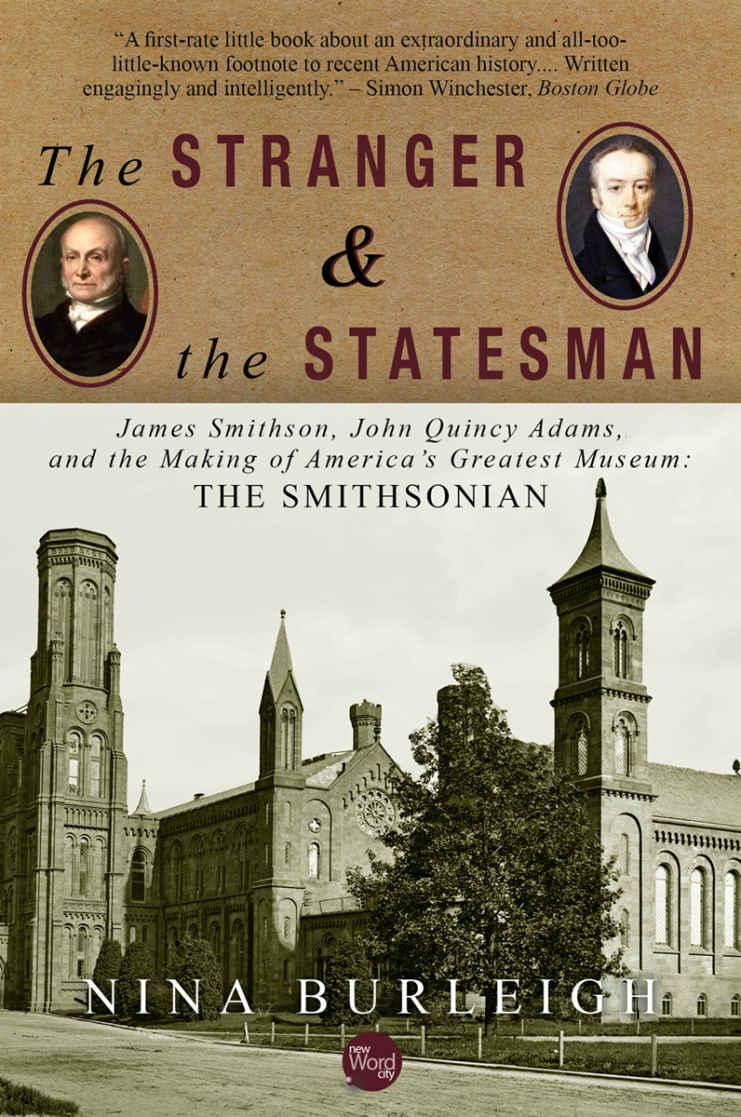

Most ebook files are in PDF format, so you can easily read them using various software such as Foxit Reader or directly on the Google Chrome browser.
Some ebook files are released by publishers in other formats such as .awz, .mobi, .epub, .fb2, etc. You may need to install specific software to read these formats on mobile/PC, such as Calibre.
Please read the tutorial at this link: https://ebookbell.com/faq
We offer FREE conversion to the popular formats you request; however, this may take some time. Therefore, right after payment, please email us, and we will try to provide the service as quickly as possible.
For some exceptional file formats or broken links (if any), please refrain from opening any disputes. Instead, email us first, and we will try to assist within a maximum of 6 hours.
EbookBell Team

4.3
58 reviewsRetail
In her illuminating and dramatic biography The Stranger and the Statesman, New York Times bestselling author Nina Burleigh reveals a little-known slice of history in the life and times of the man responsible for the creation of the United States’ principal cultural institution, the Smithsonian.
It was one of the nineteenth century’s greatest philanthropic gifts - and one of its most puzzling mysteries. In 1829, a wealthy English naturalist named James Smithson left his library, mineral collection, and entire fortune to the “United States of America, to found . . . an establishment for the increase & diffusion of Knowledge among men” - even though he had never visited the United States or known any Americans. In this fascinating book, Burleigh pieces together the reclusive benefactor’s life, beginning with his origins as the Paris-born illegitimate son of the first Duke of Northumberland and a wild adventuress who preserved for her son a fortune through gall and determination.
The book follows Smithson through his university years and his passionate study of minerals across Europe during the chaos of the French Revolution and the Napoleonic Wars. Detailed are his imprisonment - simply for being an Englishman in the wrong place - his experiences in the gambling dens of France, and his lonely and painstaking scientific pursuits.
After Smithson’s death, nineteenth-century American politicians were given the task of securing his half-million dollars - the equivalent today of 50 million - and then trying to determine how to increase and diffuse knowledge from the muddy, brawling new city of Washington. Burleigh discloses how Smithson’s bequest was nearly lost due to fierce battles among many clashing Americans - Southern slavers, states’ rights advocates, nation-builders, corrupt frontiersmen, and Anglophobes who argued over whether a gift from an Englishman should even be accepted. She also reveals the efforts of the unsung heroes, mainly former president John Quincy Adams, whose tireless efforts finally saw Smithson’s curious notion realized in 1846, with a castle housing the United States’ first and greatest cultural and scientific establishment.